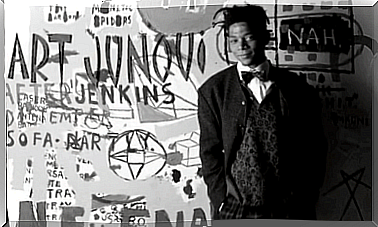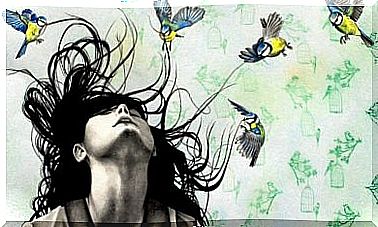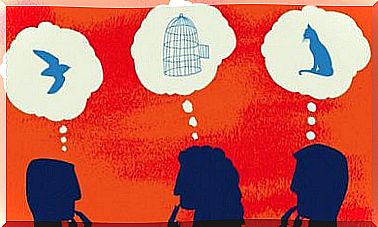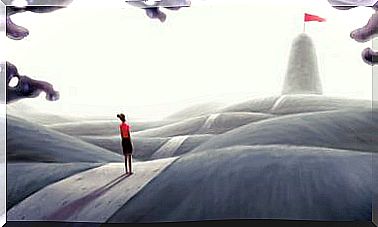The Fable Of The Black Sheep And The Value Of Honesty
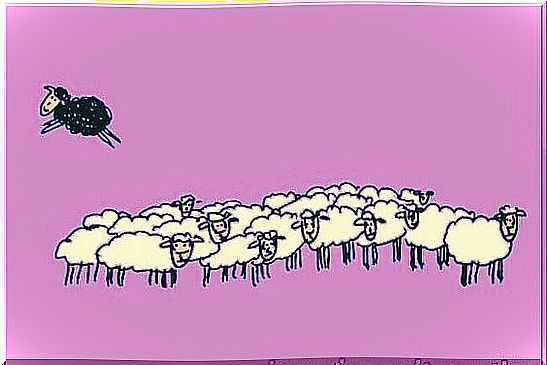
The Fable of the Black Sheep is a story written by Italo Calvino. Like many of his wonderful stories, this one too is full of imagination. It is a story that includes a deep and disconcerting message that leaves no one indifferent.
The fable of the black sheep tells us that in a remote place on Earth there was a town where everyone, absolutely everyone, was a thief. Each of the inhabitants went out late at night. He was carrying a flashlight and a pick. With those elements he looted his neighbor’s house.
The next day, each one returned home. He found her robbed, of course. It didn’t seem unusual to him. After all, everyone knew that they were among thieves and could not expect others to steal them. However, this distant town lived in complete peace and harmony. It was a chain. Everyone stole from everyone and thus no one was dispossessed.
Likewise, in commerce it was bought and sold under the form of fraud. Both those who acquired goods and those who provided them were deceiving each other. At the same time, the government only knew how to deceive its subjects. These, in turn, defrauded the state all the time. The inhabitants were happy to live in that place.
The fable of the black sheep and the honest man
In the fable of the black sheep there is a point where something breaks with normality. In this case, the one who begins to alter everything is an honest man. He suddenly arrived in that town and instead of going out to rob at night, he stayed at home, reading a book and smoking a pipe.
The thieves came to that house, but they saw the light on and then they decided not to approach it. Some of the inhabitants began to starve. If they couldn’t steal, the chain would break and someone would run out of goods. So they decided to talk to the honest man and ask him to reconsider his attitude. It was hurting everyone. If he didn’t want to steal , fine. But he had to let the others do it.
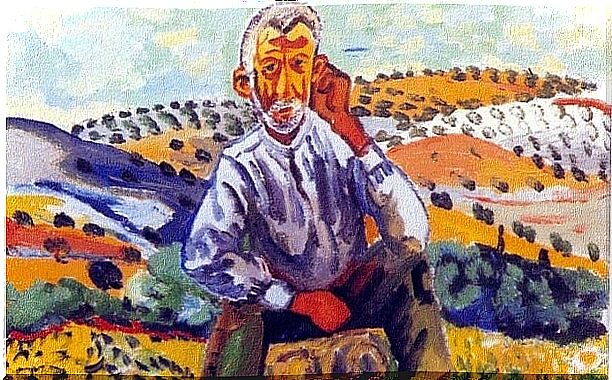
The honest man understood the situation. Since then, every night he left his house and went to the river. He left her free for others to feel confident about stealing. However, he did not want to be a thief. For this reason, in less than a week he already had his house completely empty.
The breakdown of equilibrium
According to the fable of the black sheep, the attitude of the honest man began to break with all the balance of that town. As he refused to steal, there was always some inhabitant who found his house intact the next day. So some began to accumulate more than they needed.
At the same time, those who were going to rob the honest man’s house found it empty. So they couldn’t eat again until the next night, when they could rob another abode. In this way, rich and poor began to exist. Some accumulated, others were always in deficit.
Soon, those who had accumulated a lot of goods, decided that they no longer wanted to be stolen again. But they didn’t want to stop stealing either, because they could get poorer. So they decided to pay those who had nothing to steal for them. Thus contracts were made, with salaries and bonuses so that everything was very clear.
The end of the fable of the black sheep
With the changes, many were confused. They did not know what to do. To remind them of their role, prisons and the profession of police were created. Likewise, those who had accumulated a lot would not see their assets at risk.
Despite everything, the robbery did not disappear. Everyone kept stealing, but now the rules of the game were different. Some did not work and paid others to steal. But you could not rob the rich, or else the offender was taken to jail.

No one understood why things had changed so much. But they had to adapt, because they had to live on something. What happened to the honest man? Simple: he starved. He was the only one who refused to steal and also the only one whom no one ever understood.
Thus ends the fable of the black sheep. Any resemblance to reality is not the work of coincidence. In summary, as Krishnamurti, J. (2006) would say: ” It is not healthy to be adapted to a deeply ill society “. Sometimes following our ideas and values requires a great sacrifice from us. However, uncritically following the masses can be a great moral and intellectual injury. Living free and according to your own convictions is an exercise for really brave people.

